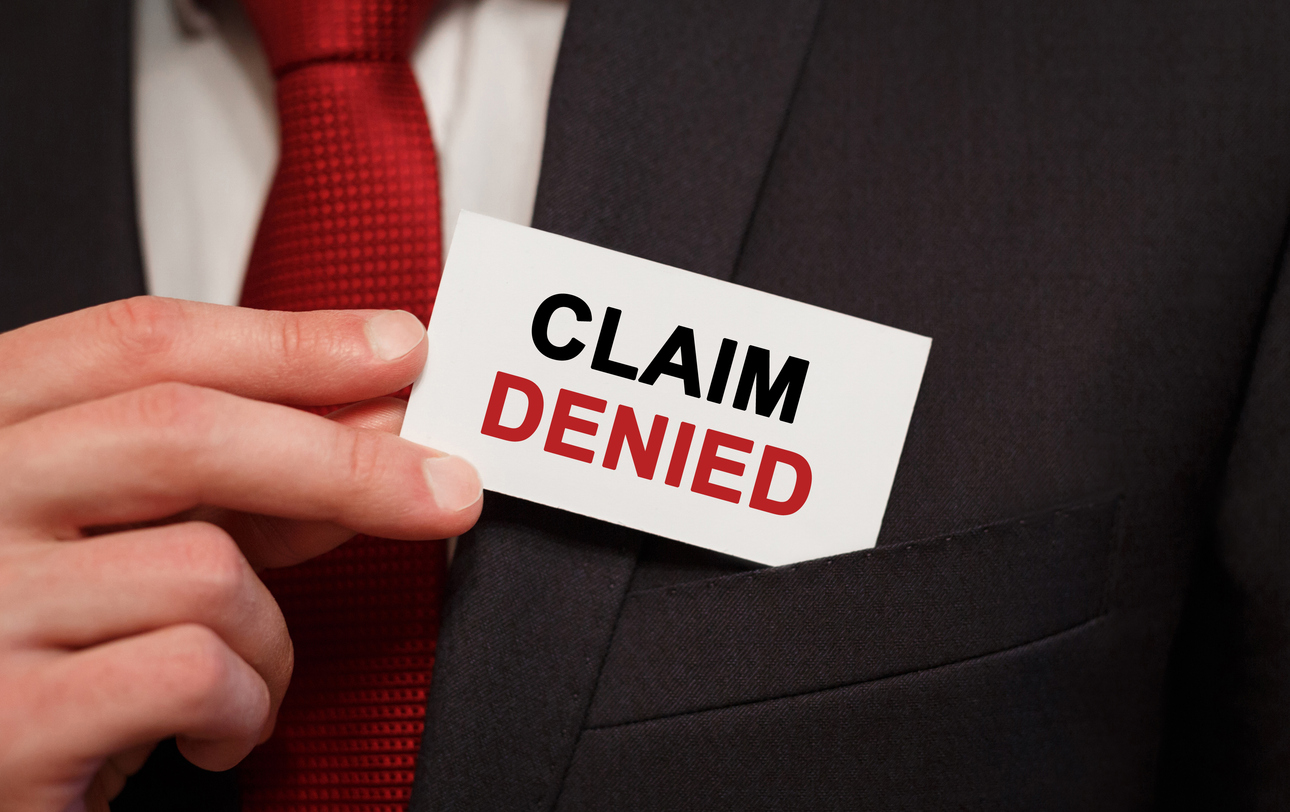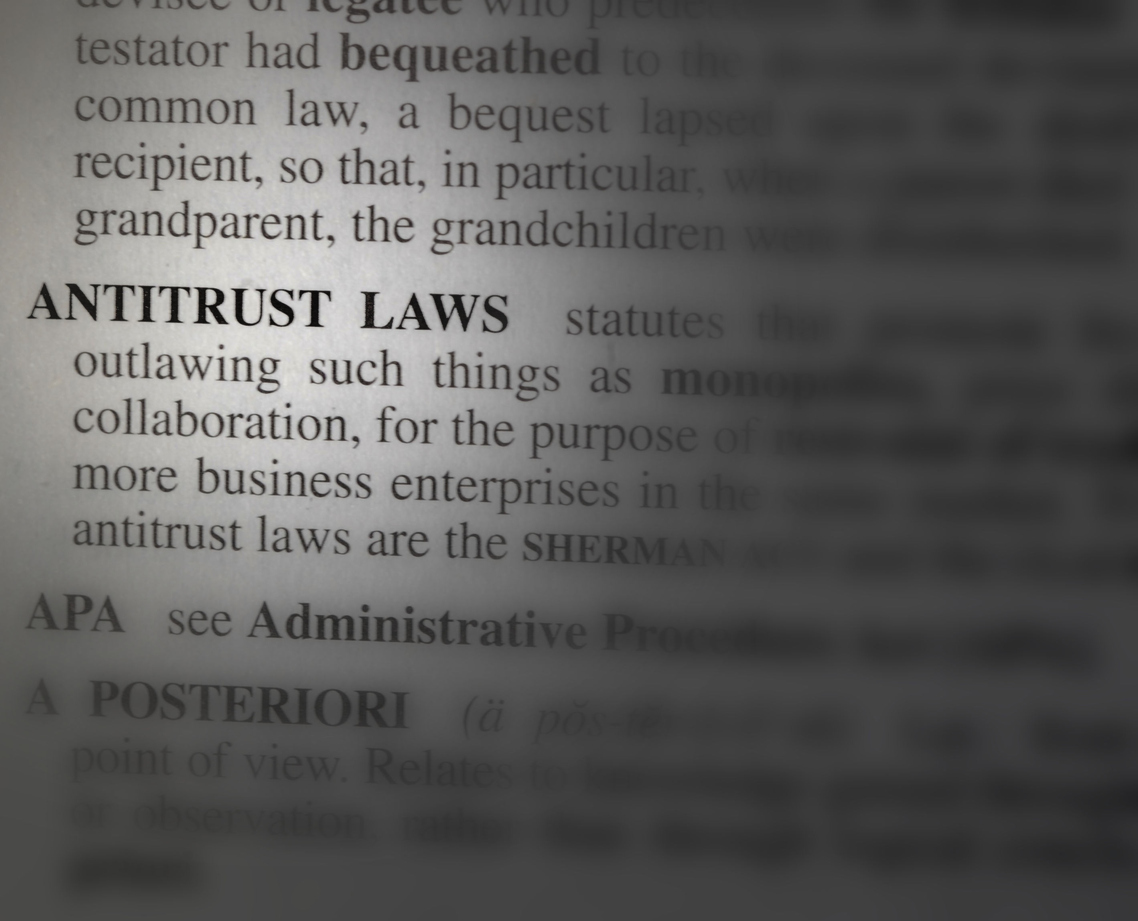I received a comment to a recent blog regarding a perception among many of my colleagues that insurance companies are fabricating the amount of insurance fraud that goes on in the United States. I think the comment is important to highlight because it is an admission that the insurance industry fabricated those statistics. Barry Zalma wrote in part:
Although insurance fraud exists and is recognized by insurers and police agencies, no one really knows how extensive it is because most frauds succeed and are never recognized; others are recognized and paid by the insurer who is unwilling to get into a long and drawn out fight with the fraud perpetrator; and a very few are caught and prosecuted.
This was exactly my point of my blog—the insurance industry has only a few examples of fraud it can prove, yet it claims a significant number of all its customers are crooks. Zalma’s logic and that of the insurance industry is similar to the logic of McCarthyism prevalent in the 1940’s and 1950’s. Then, thousands of Americans were accused of being Communists or communist sympathizers. They became the subject of aggressive investigations and questioning before government or private-industry panels, committees and agencies. The suspicions were often given credence despite inconclusive or questionable evidence. Here, the insurance industry cites some specific examples of wrongdoing and then somehow extrapolates those very few examples to justify ridiculous statistics. Zalma claims that most successful frauds are never recognized. Thus, the industry then makes up “suspicious” claims which others, such as Zalma, cite to be actual fraud:
I don’t know, nor does anyone know, how much insurance fraud costs the insurance industry since most fraud perpetrators succeed. Everyone who puts out numbers bases it upon scientific studies like that recently reported by the Insurance Research Council (IRC) that estimates that claim fraud and buildup added between $4.8 billion and $6.8 billion in excess payments to auto injury insurance claims closed with payment in 2007.
Our firm does not have the IRC study cited by Zalma, but it is being ordered. The study has nothing to do with homeowners or commercial property insurance claims, only automobile claims. The Insurance Research Council is made up of large insurance companies. Their website lists its 2008 members as follows: Allstate Insurance Company American Family Insurance Group Farmers Insurance Group The Hartford Financial Services Group, Inc. Liberty Mutual Group National Association of Mutual Insurance Companies (NAMIC) Property Casualty Insurance Association of American (PCI) Safeco Insurance Companies State Farm Insurance Companies United Services Automobile Association These large insurance companies are often responsible for the propaganda I criticize. They use these statistics in the hope that nobody will actually question their accuracy. They hope those figures can be asserted as fact to influence cultural public policy in a similar manner that others have used propaganda (like that spewed in the McCarthy era) to influence public perception and legislation. Each of these carriers is not acting alone. They are in concert, sharing information and strategies, to influence perceptions that will help them be more profitable. One must question why this type of activity is not being investigated as collusion among competitors.
Again, insurance fraud is wrong. It exists and is a problem for all of us. Barry Zalma and other insurance defense attorneys that do this very specialized practice of law should be applauded for teaching methods of fraud detection. I believe there is a very real need for SIU departments and fraud investigators within the insurance industry because fraud, by the nature of it being a hidden scheme, can be difficult to detect. Heck, we have terminated clients because of fraudulent activity. The bottom line is that I believe insurance fraud is very rare compared to the large number of legitimate claims, and the insurance industry is making up these statistics for propaganda. Indeed, if one were to define “insurance fraud” as the underpayment of an insurance claim, most would agree that the insurance industry would be found guilty substantially more than its customers.



